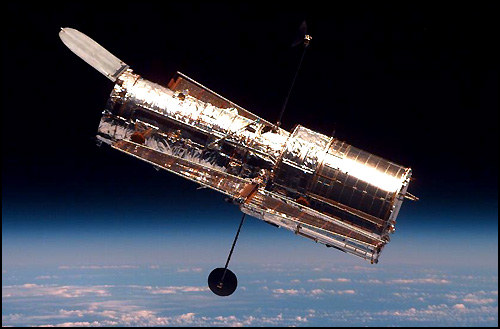.
Something I wote last year...
--
Both of mine are VERY tall...One a LHP...one bats left...
....I am simply THRILLED to hear once again that mine will receiving a fistfull of "free passes"! Thank you! Thank you! Thank You! The universe be praised! May your camels shed all their fleas!
But I need help....
...I don't mean to be rude, but could you please tell me when this might occur? Given your sentiments I promised these passes to my sons a long, long time ago, and I have yet to hear from anyone. Can you believe that both are in college now and no coach, recruiter, or scout has "rolled over" for height or handedness yet?
Now, I don't mean to whine, but mine continue to lose out to players who are faster, or have developed ealier, or throw harder, or are more agile, or have better body types, or whose fathers played pro ball, or who have better genes. Don't they understand that mine get free passes? I tell my son's that their passes are coming but I have yet to see them, and I am beginning to lose my fatherly credability. Maybe someone could call the coaches, scouts or recruiters and remind them?
Or do we have to apply? If so, where is the application? Leftylargesse.com? Southpawsubsidy.net? Hugehardball.org? Is there a deadline?
Please let us know if you have any information or suggestions.
In the meantime, while awaiting those "free passes" mine will continue to work hard and grind out a little success one day at a time as they have always done with the packages that they have been given...the good, the bad, and the ugly. They will foolishly continue to believe that passion, dedication, work ethic, attitude, and effort applied on a daily basis will do more for them than the "Free passes" you will soon be providing for tall and/or lefthanded players.
Yours truly,

44
.




 Just be careful going around those sharp curves!
Just be careful going around those sharp curves!